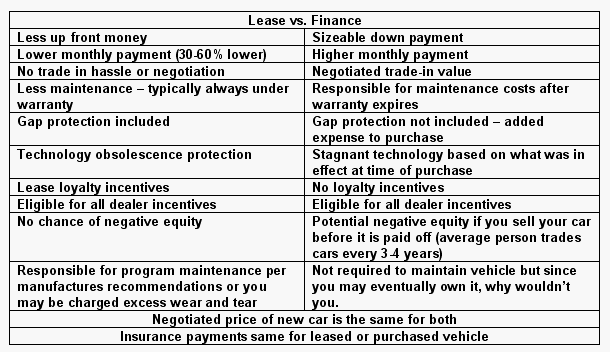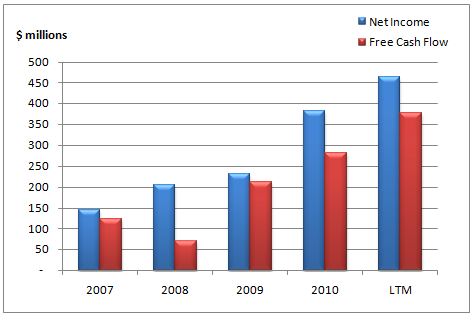Advantages and Disadvantages of Using Equity Financing
Post on: 2 Октябрь, 2015 No Comment

What is equity? According to Investopedia. equity is a “stock or any other security representing an ownership interest.” Equity can take the form of shares in a corporation or membership interests in a limited liability company (LLC). Investopedia defines equity financing as the “act of raising money for company activities by selling common or preferred stock to individuals or institutional investors. In return for the money paid, shareholders receive ownership interests in the corporation.”
In other words, this means you as the owner will give up a specified percentage of your company or a specified number of shares in exchange for a specified amount of money. Equity investors believe that the business will grow in size and profitability and invest in order to participate in that growth. Equity investors take on the company risk because they believe the potential upside far outweighs the downside. So what are the advantages and disadvantages of equity investment in your company?
- Equity investors understand that there are no guarantees on company performance.
- Equity investors like to know the likely exit strategy before they invest, which helps you as a business owner focus on execution.
- Equity requires no mandatory payments or specified payments.
- With equity, it’s possible to create different tiers of stock (aka tranches) which appeal to different types of investors using preferred, common or combinations thereof.
- With equity, investors provide funding based more on the founders/owners and management team, the strategy and the ability of the team to execute. Investors look at past performance but, if past performance was subpar, will discount the poor performance as long as there is a highly credible story behind the lackluster performance.

Disadvantages:
- Bringing on equity investors dilutes the ownership of the founder/owner.
- Equity brings the risk of potential loss of control by owner(s) and founder(s) if significant financing is needed and your company has a lower valuation. In this case, you may have to give up majority ownership of the company to obtain the financing you need. You could thus lose control unless you build in tranches of stock and assign higher voter rights to the tranche you own. (How to do the latter is a subject too advanced for this basic overview.)
- Equity investors like to know when and how they will recoup their investment. If the promised exit strategy doesn’t occur as planned and the company has sufficient cash, the investors may demand that the company re-purchase their shares.
Post navigation
Pros and Cons of Debt Financing Raise Capital from Customers via Direct Public Offerings (DPOs)














